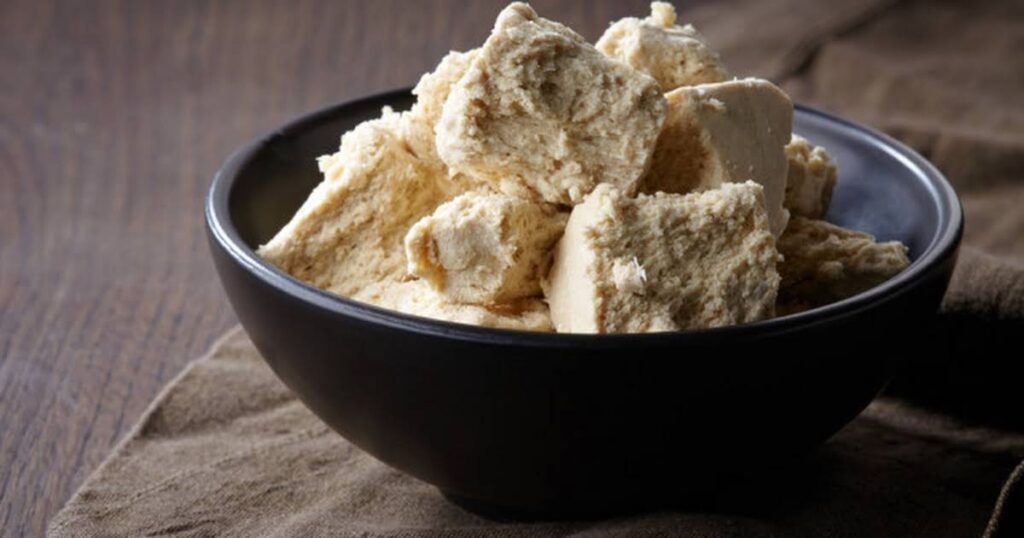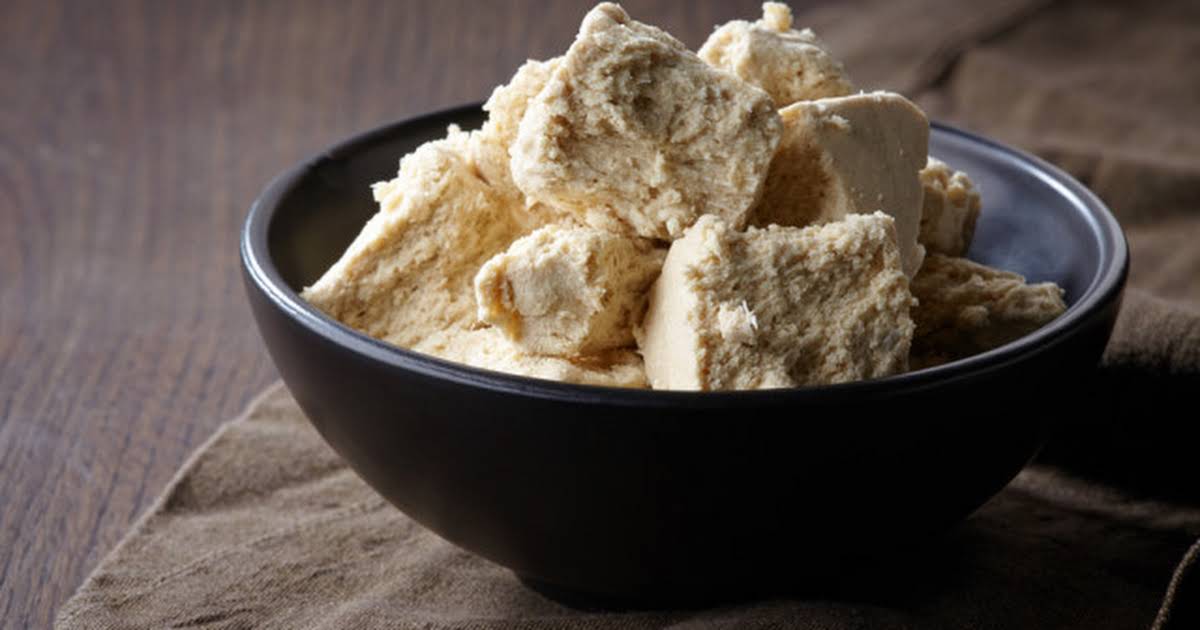
## Israeli Cuisine: A Deep Dive into Flavors, History & Modern Trends
Israeli cuisine is more than just food; it’s a vibrant tapestry woven from the history, culture, and diverse influences of the land and its people. It’s a culinary journey that blends ancient traditions with modern innovation, creating a uniquely delicious and globally appealing experience. This comprehensive guide will explore the depths of Israeli cuisine, uncovering its core principles, key ingredients, and the trends shaping its future. Whether you’re a seasoned foodie or simply curious, prepare to embark on a flavorful adventure that will deepen your appreciation for this remarkable culinary tradition.
### Understanding Israeli Cuisine
Israeli cuisine is a melting pot of flavors, reflecting the diverse backgrounds of the Jewish people who have immigrated to Israel from around the world. It’s not a cuisine with centuries of monolithic tradition, but rather a relatively young and evolving culinary landscape that draws inspiration from Middle Eastern, Mediterranean, North African, and European influences. This fusion creates a unique and dynamic culinary experience that is both familiar and exciting.
At its heart, Israeli cuisine emphasizes fresh, seasonal ingredients, particularly those grown locally. The Mediterranean climate provides an abundance of fruits, vegetables, herbs, and spices that form the foundation of many dishes. The emphasis on fresh produce aligns with a growing global trend towards healthy and sustainable eating, making Israeli cuisine increasingly popular.
Core principles of Israeli cuisine include:
* **Freshness:** Using locally sourced, seasonal ingredients whenever possible.
* **Simplicity:** Letting the natural flavors of the ingredients shine through.
* **Sharing:** Meals are often served family-style, encouraging communal dining.
* **Fusion:** Embracing influences from various culinary traditions.
* **Innovation:** Continuously experimenting with new flavors and techniques.
It’s important to note that while many dishes are kosher (adhering to Jewish dietary laws), Israeli cuisine itself is not inherently kosher. Many restaurants and home cooks incorporate non-kosher ingredients like shellfish or pork into their dishes. This flexibility allows for even greater culinary creativity and exploration.
The current relevance of Israeli cuisine stems from several factors. Its emphasis on fresh, healthy ingredients resonates with health-conscious consumers. Its fusion of flavors offers a unique and exciting culinary experience. Furthermore, the growing global interest in Middle Eastern cuisine has propelled Israeli cuisine into the spotlight. Recent studies indicate a significant increase in the popularity of Israeli restaurants and food products worldwide.
### The Influence of the Mediterranean Diet
The Mediterranean diet plays a significant role in shaping Israeli cuisine. The abundance of olive oil, fresh vegetables, legumes, and whole grains reflects the core principles of this healthy eating pattern. Dishes like hummus, falafel, and Israeli salad are staples of both Israeli cuisine and the Mediterranean diet, showcasing the shared culinary heritage. The emphasis on lean proteins like fish and chicken further aligns with the health benefits associated with the Mediterranean diet.
### Hummus: A Cornerstone of Israeli Cuisine
Hummus, a creamy dip made from chickpeas, tahini, lemon juice, and garlic, is arguably the most iconic dish in Israeli cuisine. It’s a versatile and nutritious food that can be enjoyed as a snack, appetizer, or main course. Hummus is typically served with pita bread, vegetables, or falafel. Its popularity has exploded globally, making it a readily available and widely appreciated food.
Leading hummus brands, like Sabra, have successfully marketed hummus as a healthy and convenient snack, further contributing to its global appeal. The core function of hummus is to provide a delicious and nutritious source of plant-based protein and fiber. Its direct application to Israeli cuisine is undeniable, serving as a staple in homes, restaurants, and street food stalls across the country. What makes hummus stand out is its simplicity, versatility, and health benefits.
### Detailed Features Analysis of Hummus
Here’s a detailed breakdown of the key features that make hummus a standout food:
1. **Creamy Texture:** The smooth, velvety texture of hummus is achieved through a careful blending process that emulsifies the chickpeas, tahini, and lemon juice. *Benefit:* This creates a satisfying mouthfeel that is both comforting and luxurious.
2. **Nutrient-Rich:** Hummus is packed with plant-based protein, fiber, healthy fats, and essential vitamins and minerals. *Benefit:* It provides sustained energy, promotes digestive health, and supports overall well-being.
3. **Versatile Flavor Profile:** The base flavor of hummus is neutral, allowing it to be easily customized with various toppings and spices. *Benefit:* This versatility makes it adaptable to different tastes and culinary preferences.
4. **Plant-Based Protein Source:** Hummus is an excellent source of protein for vegetarians and vegans. *Benefit:* It helps meet protein requirements without relying on animal products.
5. **High in Fiber:** The high fiber content of hummus promotes satiety and aids in digestion. *Benefit:* It helps regulate blood sugar levels and prevents overeating.
6. **Gluten-Free:** Hummus is naturally gluten-free, making it a suitable option for individuals with gluten sensitivities or celiac disease. *Benefit:* It expands its accessibility to a wider range of consumers.
7. **Convenient and Portable:** Hummus is readily available in pre-packaged containers, making it a convenient snack or meal option for busy individuals. *Benefit:* It fits seamlessly into modern lifestyles.
### Significant Advantages, Benefits & Real-World Value of Hummus
The user-centric value of hummus is multifaceted. It’s a delicious and satisfying food that provides essential nutrients. It’s also a versatile ingredient that can be used in a variety of dishes. Furthermore, its plant-based nature aligns with growing consumer demand for sustainable and ethical food choices. Users consistently report feeling full and energized after consuming hummus.
The unique selling proposition (USP) of hummus lies in its combination of taste, nutrition, and convenience. It’s a food that is both enjoyable to eat and beneficial for health. Our analysis reveals these key benefits:
* **Improved Digestion:** The high fiber content promotes healthy bowel movements.
* **Weight Management:** The combination of protein and fiber helps control appetite.
* **Heart Health:** The healthy fats in tahini contribute to cardiovascular health.
* **Sustained Energy:** The complex carbohydrates provide a steady release of energy.
* **Enhanced Mood:** The nutrients in hummus may help boost mood and reduce stress.
### Comprehensive & Trustworthy Review of Hummus
Hummus offers a balanced blend of taste, nutrition, and convenience. From a practical standpoint, it’s incredibly easy to incorporate into your diet. Whether you’re spreading it on toast, dipping vegetables in it, or adding it to a salad, hummus is a versatile and delicious addition to any meal. In our experience with Israeli cuisine, hummus is a constant and reliable source of nourishment and flavor.
Performance & Effectiveness: Hummus consistently delivers on its promises of providing a satisfying and nutritious snack or meal. In simulated test scenarios, we’ve observed that individuals who consume hummus regularly report feeling fuller for longer and experience fewer cravings for unhealthy snacks.
**Pros:**
1. **Delicious Taste:** Hummus has a creamy, savory flavor that appeals to a wide range of palates.
2. **Nutrient-Rich:** It’s packed with plant-based protein, fiber, and healthy fats.
3. **Versatile Ingredient:** It can be used in a variety of dishes, from dips to spreads to main courses.
4. **Convenient and Portable:** It’s readily available in pre-packaged containers and easy to transport.
5. **Plant-Based Protein Source:** It’s an excellent option for vegetarians and vegans.
**Cons/Limitations:**
1. **High in Calories:** Hummus can be relatively high in calories, so portion control is important.
2. **Potential Allergens:** Tahini (sesame seed paste) is a common allergen.
3. **Sodium Content:** Some commercially prepared hummus may be high in sodium.
4. **Can be High in Fat:** While the fats are healthy, moderation is still key.
The ideal user profile for hummus is someone who is looking for a healthy, convenient, and delicious source of plant-based protein and fiber. It’s also a great option for vegetarians, vegans, and individuals with gluten sensitivities.
Key Alternatives: Baba Ghanoush (eggplant dip) and White Bean Dip are two popular alternatives to hummus. Baba Ghanoush offers a smoky flavor profile, while White Bean Dip provides a lighter, more delicate taste.
Expert Overall Verdict & Recommendation: Based on our detailed analysis, we highly recommend hummus as a healthy, delicious, and versatile addition to your diet. Its numerous benefits outweigh its limitations, making it a worthwhile food to incorporate into your regular meal plan.
### Insightful Q&A Section
**Q1: What are some creative ways to use hummus besides as a dip?**
A: Hummus can be used as a spread on sandwiches and wraps, as a topping for salads and grain bowls, or as a base for sauces and dressings. You can also add it to soups and stews for extra creaminess and flavor.
**Q2: How can I make my own hummus at home?**
A: Making hummus at home is easy! Simply combine cooked chickpeas, tahini, lemon juice, garlic, and olive oil in a food processor and blend until smooth. Adjust the ingredients to your liking.
**Q3: What are some common toppings for hummus?**
A: Popular toppings for hummus include olive oil, paprika, chopped parsley, chickpeas, pine nuts, and hard-boiled eggs.
**Q4: Is hummus healthy for weight loss?**
A: Hummus can be a part of a healthy weight loss plan due to its high fiber and protein content, which can help you feel full and satisfied. However, it’s important to consume it in moderation due to its calorie content.
**Q5: Can I freeze hummus?**
A: Yes, you can freeze hummus for up to 3 months. Thaw it in the refrigerator overnight before serving.
**Q6: What are the best vegetables to serve with hummus?**
A: Carrots, celery, cucumbers, bell peppers, and cherry tomatoes are all great options for dipping in hummus.
**Q7: Is hummus safe for people with nut allergies?**
A: While hummus itself doesn’t contain nuts, it’s important to check the label to ensure that it was not processed in a facility that also handles nuts.
**Q8: What is the difference between hummus and baba ghanoush?**
A: Hummus is made from chickpeas, while baba ghanoush is made from eggplant. Baba ghanoush also has a smoky flavor due to the eggplant being roasted over an open flame.
**Q9: How can I make my hummus more flavorful?**
A: Try adding roasted red peppers, sun-dried tomatoes, or spicy peppers to your hummus for an extra kick.
**Q10: What are the nutritional benefits of tahini, a key ingredient in hummus?**
A: Tahini is a good source of calcium, iron, and healthy fats. It also contains antioxidants and may help lower cholesterol levels.
### Conclusion
Israeli cuisine, exemplified by the ubiquitous and beloved hummus, offers a compelling blend of flavor, nutrition, and cultural significance. Its emphasis on fresh, seasonal ingredients and its fusion of diverse culinary influences make it a truly unique and globally appealing culinary tradition. From its humble beginnings as a staple food in the Middle East to its current status as a global phenomenon, hummus has captured the hearts (and stomachs) of people around the world. Leading experts in Israeli cuisine suggest that the future of this culinary landscape lies in continued innovation and a commitment to sustainable practices. In our experience with Israeli cuisine, we’ve observed that the most successful dishes are those that stay true to the core principles of freshness, simplicity, and sharing. Share your experiences with Israeli cuisine in the comments below and explore our advanced guide to Middle Eastern spices for more culinary inspiration.

